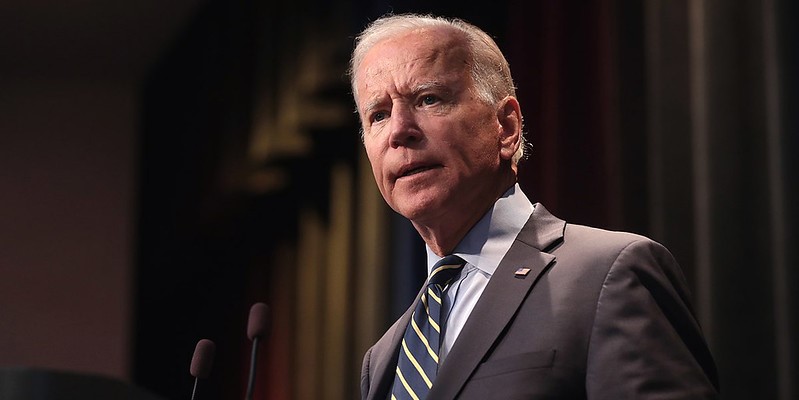U.S. politics looms large over Trudeau/Ford EV gamble

Last week, the Trudeau government and the Ford government announced a new multi-billion dollar taxpayer-funded subsidy for Honda to expand its Alliston, Ontario plant to manufacture electric vehicles (EV) and host a large EV battery plant. Eventually, the direct and indirect subsidies could total $10 billion from the two governments.
The Honda announcement follows earlier deals with Northvolt, Stellantis and Volkswagen to build and operate EV battery and auto assembly plants in Ontario. According to the Parliamentary Budget Officer, these three deals may total $50.7 billion after accounting for the cost of government borrowing to finance the subsidies and foregone corporate tax revenue from tax abatements tied to production.
Clearly, if future taxpayers across the country (not just in Ontario) are to avoid a huge additional tax burden or suffer reductions in government services, a lot needs to go right for Canada’s EV industry.
In particular, there must emerge sufficient market demand for EVs so these “investments” in the EV auto sector will be fully paid for by future tax revenues from corporate and personal income taxes levied on companies and workers in the EV sector. During their joint announcement of the Honda deal, both Prime Minister Trudeau and Premier Ford ignored this elephant in the room while claiming that the Honda deal will mean 240,000 vehicles a year manufactured at the site and 4,200 jobs preserved, while adding another 1,000 jobs.
By way of perspective, in 2023 around 185,000 EV vehicles were sold in Canada—about 11 per cent of all new cars sold in Canada that year. This is considerably less than the target capacity of the Honda complex and the total expected production capacity of Canada’s EV sector once all the various announced subsidized production facilities are in operation. In contrast, 1.2 million EVs were sold in the United States.
The demand for EVs in Canada will likely grow over time, especially given the increased incentive the federal government now has to ensure, through legislation or regulation, that Canadians retire their gas-powered vehicles and replace them with EVs. However, the long-run financial health of Canada’s EV sector requires continued access to the much larger U.S. market. Indeed, Honda’s CEO said his company chose Canada as the site for their first EV assembly plant in part because of Canada’s access to the U.S. market.
But political developments in the U.S. over the past few years have substantially increased the risk of any investment that relies on unrestricted access to the U.S. market. The trade protectionist bent of Donald Trump, the Republican nominee in the upcoming presidential election, is well known and he reportedly plans to impose a broad 10 per cent tariff on all manufactured imports to the U.S. if elected.
While the Canada-U.S.-Mexico Free Trade Agreement ostensibly gives Canadian-based EV producers tariff-free access to the U.S. market, Trump could terminate the treaty or at least insist on major changes in specific Canadian trade policies that he criticized during his first term, including supply management programs for dairy products. The trade agreement is up for trilateral review in 2025, which would allow a new Trump administration to demand political concessions such as increased Canadian spending on defence, in addition to trade concessions.
Nor would the re-election of President Joe Biden immunize Canada from protectionist risks. Biden has been a full-throated supporter of unionized U.S. auto workers and has staked his administration’s legacy on the successful electrification of the U.S. transportation sector through domestic production. Given his government’s financial commitment to growing a domestic EV sector, Biden might well impose trade restrictions on Canada if Canadian exports start to displace domestic production in the U.S.
In short, Canadian politicians, most notably Justin Trudeau and Doug Ford, have staked the future of Canada’s heavily subsidized domestic EV sector on the vagaries of the U.S. political process, which is increasingly embracing “America First” industrial policies. This may turn out to be a very costly gamble for Canadian taxpayers.
Author:
Subscribe to the Fraser Institute
Get the latest news from the Fraser Institute on the latest research studies, news and events.

